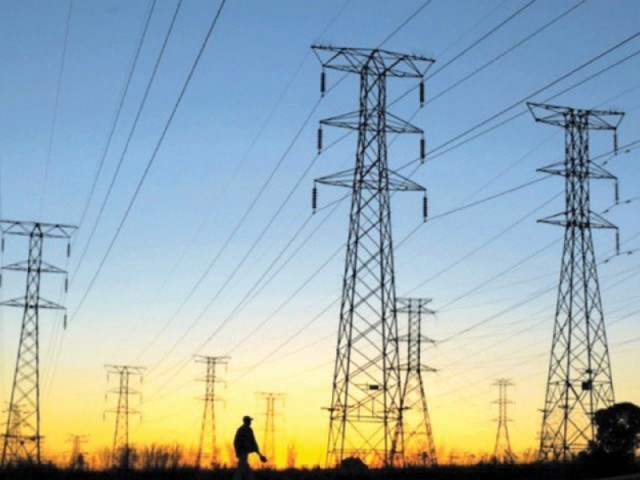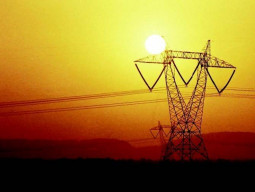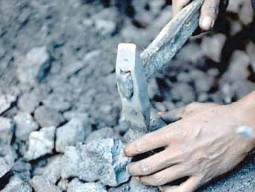
ISLAMABAD:
Pakistan and a trio of international lenders are slowly looking to bridge a trust deficit after both sides softened their positions, which may pave way for the approval of a $1-billion loan meant as budgetary support for the energy sector.
The World Bank, Asian Development Bank and Japan have withheld approval of $1 billion after they doubted the Pakistan government’s commitment to reform the ailing energy sector. The lenders had complained that officials at the Ministry of Finance and Water and Power were backtracking from their assurances on the energy sector, said sources.
The officials, accused of not delivering on their commitments, created an impression in front of economic managers that the World Bank was changing targets and putting forward new conditions after implementation of earlier ones, they added.
The accused
Economic Reforms Unit (ERU) Director General Najeeb Khaqan is said to have misled the economic managers on the issue of deliverables for the $1-billion lending. Khaqan denied that that he misinformed the ministry, insisting he did not give any commitment to global lenders without prior approval of the Finance Ministry.
Read: Pakistan looks to secure $1 billion loan
Zargham E. Khan, a key official of the Ministry of Water and Power, was also accused of making over-commitments, an allegation Khan has denied, adding that he never committed anything without approval of the competent authorities.
The government’s inability to implement promised reforms has led to the delay in getting the loan approved, which was originally planned for April this year. Under the Development Policy Credit-II (DPC-II), the World Bank will approve $500 million, the ADB $400 million and Japan will co-finance the World Bank loan by providing an additional $100 million in grant.
Prior actions and reforms for the DPC-II had been finalised a long time ago and international lenders have not changed targets. Instead, they have sought progress on reform implementation before approving the loan.
Finance Minister Ishaq Dar took up the issue with World Bank’s managing director last month. He also raised the issue with the ADB director general on Tuesday. Dar is said to have told the ADB official that he has conveyed the deadline of September 4 to all government ministries to resolve outstanding issues, said officials who attended these meetings.
Resolving the matter
After growing differences with global lenders, Dar has taken it to himself to resolve outstanding issues. During numerous meetings held last month, the finance minister came to know that ministries’ claims of global lenders changing goalposts were not true, said the sources.
They said that these misgivings have now been addressed and the government was also in the process of implementing the remaining actions. During these meetings, representatives of international lenders also accepted the government’s point of view on certain outstanding issues.
However, the lenders would not move the case for board approval until the government implements all the agreed actions, said the sources.
Read: Asian Development Bank approves $6b loan for Pakistan
One of the contentious issues is the initial functioning of the Central Power Purchasing Agency (CPPA) Guarantee Limited as an agent of power distribution companies for the purchase of power from public and private sector producers.
The World Bank and ADB are of the view that the financial viability of the power sector cannot be ensured without paying the full cost of power to its producers.
The CPPA operationalisation is overdue since 2009; the eventual purpose of the organisation is to set up competitive trading and bilateral contracts. This will eventually create a wholesale power market and, under the revised plan, it will be fully operational by 2020.
Published in The Express Tribune, September 3rd, 2015.
Like Business on Facebook, follow @TribuneBiz on Twitter to stay informed and join in the conversation.































































COMMENTS (16)
Comments are moderated and generally will be posted if they are on-topic and not abusive.
For more information, please see our Comments FAQ